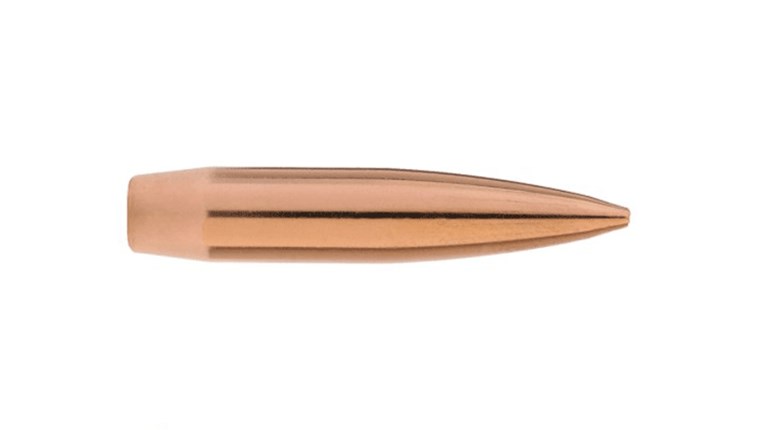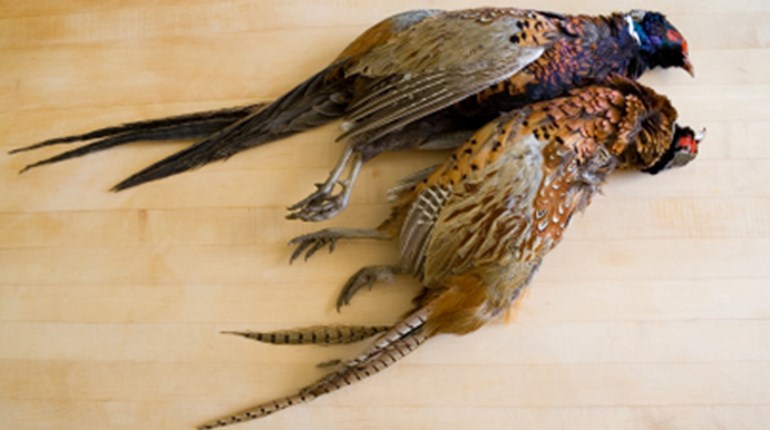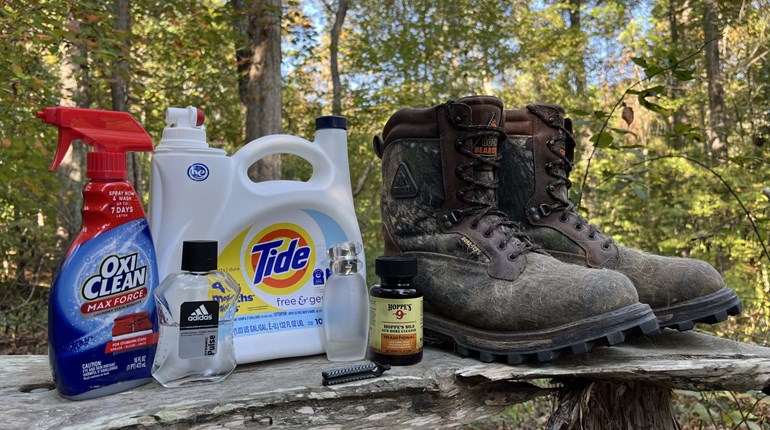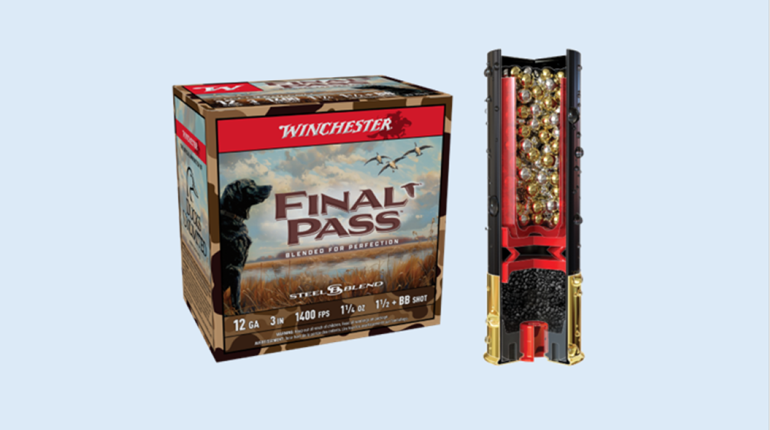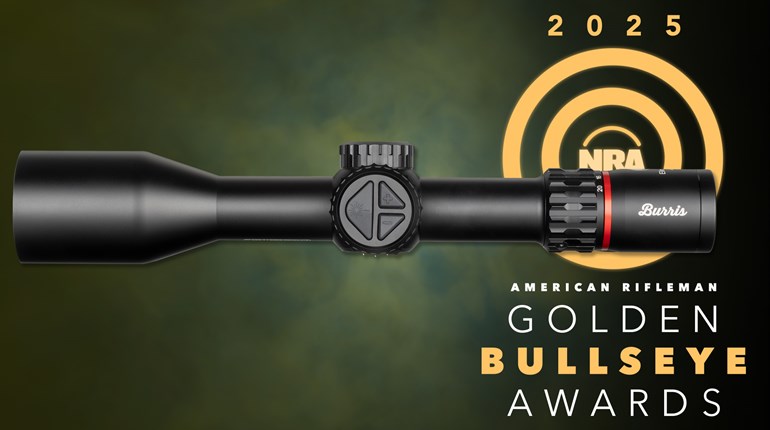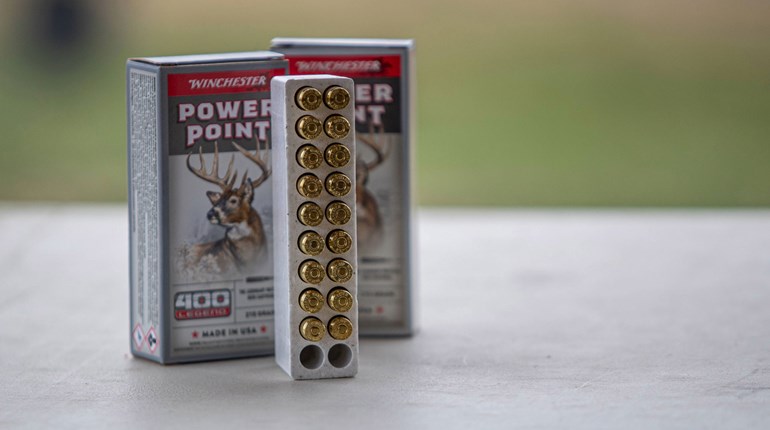The U.S. Fish and Wildlife Service (FWS) has indicated that it will soon introduce regulations that would ban the domestic sale and trade of legally owned ivory. According to FWS, the regulations would ban all interstate commerce in elephant ivory, unless the ivory qualifies as an antique under the Endangered Species Act (100 years old). FWS has indicated that it would be up to the owner to prove that the ivory is old enough—a nearly impossible burden in many, if not most, cases. The effects of the proposed ivory ban would be disastrous for American gun owners and sportsmen, as ivory has been widely used for years in rifle and shotgun sights and sight inserts, for ornamental inlays in rifle and shotgun stocks, as well as for handgun grips.
In addition, FWS has indicated that the forthcoming regulations would limit the number of African elephant sport-hunted trophy imports to two per hunter, per year.
On a related issue, FWS banned for the 2014 calendar year the importation of sport-hunted elephants from Zimbabwe and Tanzania in an effort to stop poaching. The agency's decision appears to have been made without any consultation of the affected African nations, and is founded on "limited" data and "anecdotal" evidence. FWS has failed to demonstrate how a ban on the import of legally taken, sport-hunted elephants will help prevent poaching in Zimbabwe and Tanzania. Hunting has, in fact, been hailed as a valuable tool of wildlife conservation in Africa because it contributes hundreds of thousands of dollars to the economic well-being of local communities, as well as provides resources to conserve the species and combat poaching. Limiting legally taken trophies from sustainable elephant populations is an ill-advised and scientifically unsupportable restriction. FWS has indicated that it will reevaluate its trophy import ban from Zimbabwe and Tanzania in 2015.
Litigation Update:
Safari Club International (SCI) filed a lawsuit to challenge the April 2014 FWS ban of sport-hunted elephants from Zimbabwe and Tanzania (SCI v. Jewell et al.), and was subsequently joined by the NRA as a plaintiff. On Dec. 26, 2014, Anna M. Seidman, Director of Litigation for SCI, provided an update to ongoing litigation:
"This evening, SCI and NRA received a ruling from the D.C. federal district court in our elephant importation case. The ruling brought bad news for our Tanzania claims but good news for our Zimbabwe claims.
"The bad news first: The court dismissed our claims concerning the Tanzania importation ban. Although disappointing, this news was not entirely unexpected due to difficult legal precedent that worked to our disadvantage. Importation of elephants from Tanzania requires a permit. Our case did not challenge the FWS denial of an importation permit, but instead challenged the decision upon which all permit applications would be based. The FWS motion to dismiss argued that we could not challenge the Tanzania decision without first going through the entire permit application process, including permit submission, denial and appeal (a process that could take several years to complete). Although we argued that submission to the permit process would be futile, the judge disagreed. The court relied on other cases, unsuccessfully brought by John J. Jackson, involving the denial of permits for the importation of elephants from Zambia and Mozambique. We attempted to distinguish our claims against the Tanzania importation ban, but the court rejected our arguments and dismissed our Tanzania claims. Next week we will be examining our options to appeal this decision.
"And now the good news: The court rejected the FWS challenges to our Zimbabwe claims. We have been granted the right to pursue our challenges to both the April 4, 2014, Zimbabwe importation ban and the July 23, 2014, decision to continue the bans. The FWS fought particularly hard to have our claims against the April 4, 2014, decision dismissed because they know they will have the most difficult time defending their conduct in making their abrupt decision to ban importation despite lacking adequate evidence to do so. The court refused to allow the FWS to sweep this conduct under the rug. We will now be able to move forward with our efforts to prove that the agency's conduct concerning Zimbabwe was illegal, arbitrary and capricious.
"While we are frustrated with the Tanzania ruling, we are very pleased with the court's decision on our Zimbabwe claims. We will continue to keep you apprised of future developments in this case."
State & Local Action:
In addition to efforts to ban ivory at the federal level, New York and New Jersey passed state ivory bans.
On Aug. 1, 2014, New Jersey was the first state to implement an ivory ban, which defines ivory as any tooth or tusk composed of ivory from any animal including, but not limited to, an elephant, hippopotamus, mammoth, narwhal, walrus or whale, or any piece thereof, whether raw ivory or worked ivory, or made into, or part of, an ivory product. It is now illegal for any person to import, sell, offer for sale, purchase, barter or possess with the intent to sell any ivory, ivory product, rhinoceros horn or rhinoceros horn product in New Jersey.
New York's ivory ban was signed into law on Aug. 12, 2014. In New York, it is now illegal to sell, offer for sale, purchase, trade, barter or distribute any item containing worked or raw ivory from any species of elephant or mammoth unless it is part of a bona fide antique and makes up less than 20 percent of the antique with proof that the antique is at least 100 years old.
NRA-ILA expects similar state legislation to be introduced in 2015 to ban ivory. Anti-hunting extremist groups already have a target list of states to attempt their misguided ivory bans. NRA-ILA will continue to educate lawmakers on the inefficiencies of banning legally obtained ivory and will remain vigilant in opposing legislation similar to what passed in New York and New Jersey, which does nothing to prevent poaching in Africa. Such legislation adversely impacts law-abiding, American gun owners and hunters.
NRA Federal Action:
In response, NRA-ILA staff have left no stone unturned in attempting to stop the FWS from banning the domestic trade of legally owned ivory and to prevent new limitations on sport-hunted trophy imports from countries with sustainable elephant populations.
NRA-ILA organized a coalition of those who oppose the ivory ban, including: antique dealers, art dealers, musicians, engravers, gun collectors, knife collectors, furniture dealers, hunting organizations and a host of others. The coalition has enabled NRA to convey, through other coalition members, NRA priorities to members of Congress that typically do not support pro-Second Amendment initiatives.
NRA-ILA Federal Affairs, along with NRA-ILA Hunting Policy liaisons and NRA-ILA Conservation, Wildlife and National Resources staff, attended multiple meetings held by the Obama administration's Advisory Council on Wildlife Trafficking to express opposition to the FWS actions, as well as authored and signed multiple letters of opposition.
NRA-ILA Federal worked closely with the House Natural Resources Committee to coordinate the June 24, 2014, congressional hearing on the proposed ivory ban and limitations on sport-hunted trophy imports. The hearing successfully highlighted many problems with the proposed ban.
NRA-ILA was also successful in securing a provision in the House Appropriations Committee-passed fiscal year 2015 Interior Appropriations bill that would stop the FWS from making any changes to ivory policy as it was before the new policy was announced. NRA-ILA will continue to work with members from both the U.S. House and Senate to include the appropriations provision in the fiscal year 2016 Interior Appropriations Act.
NRA-ILA worked closely with Rep. Don Young (AK-At Large) in drafting a bill that would freeze in place ivory restrictions as they were before FWS' actions (Feb. 24, 2014), as well as ensure the importation of sport-hunted elephant trophies from countries with sustainable elephant populations. Further, NRA-ILA played an integral part in drafting companion bills in the U.S. House and Senate (introduced by Sen. Lamar Alexander and Rep. Steve Daines), which would effectively freeze in place ivory restrictions as they were before the FWS actions. These bills are likely to be reintroduced in the 114th Congress, and NRA will actively seek bipartisan cosponsors.
FWS has indicated the proposed regulations will likely be introduced in early 2015 and will likely be open to comment by the general public. NRA-ILA will continue to update NRA membership as developments occur.












